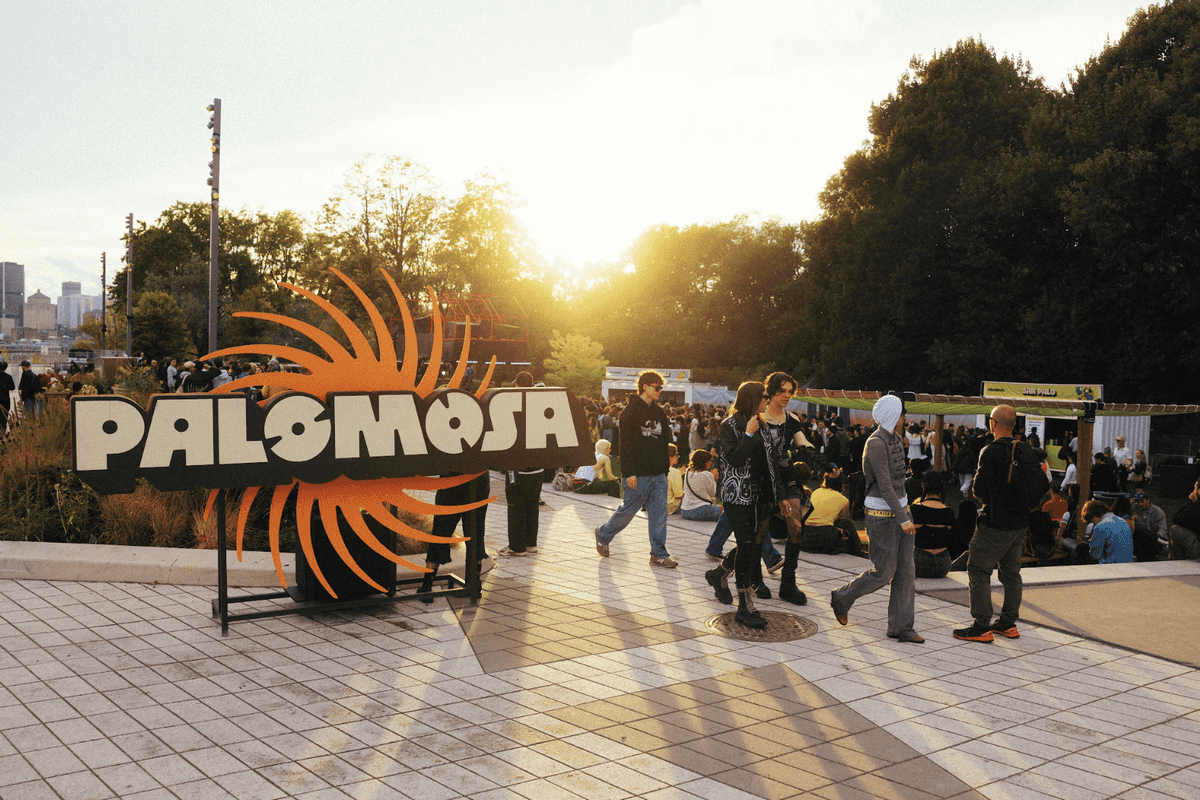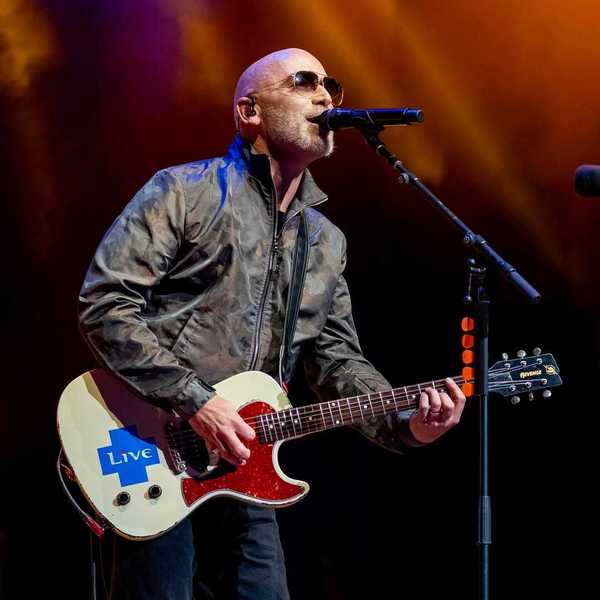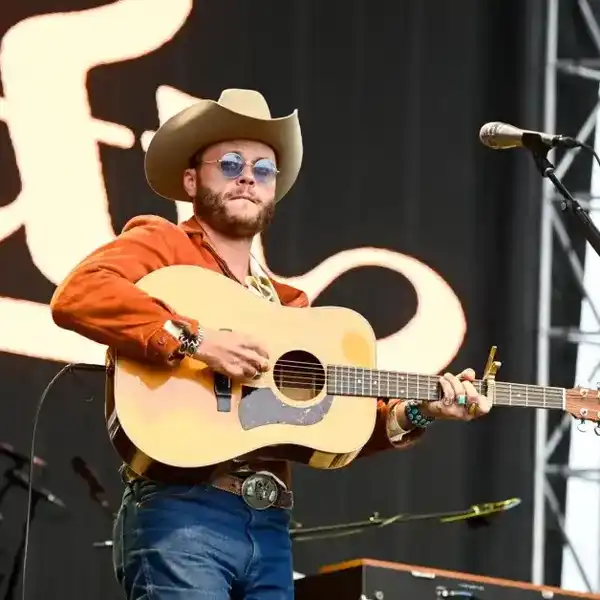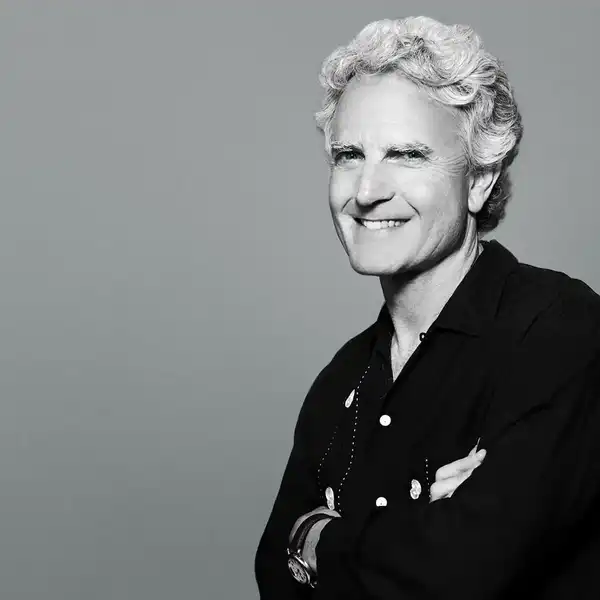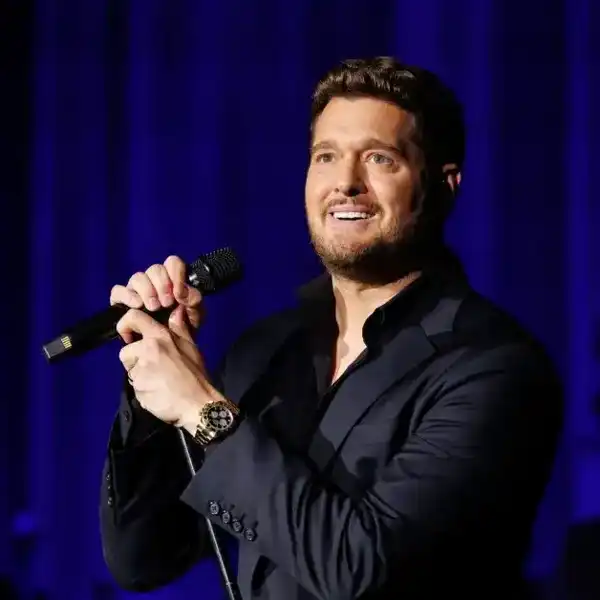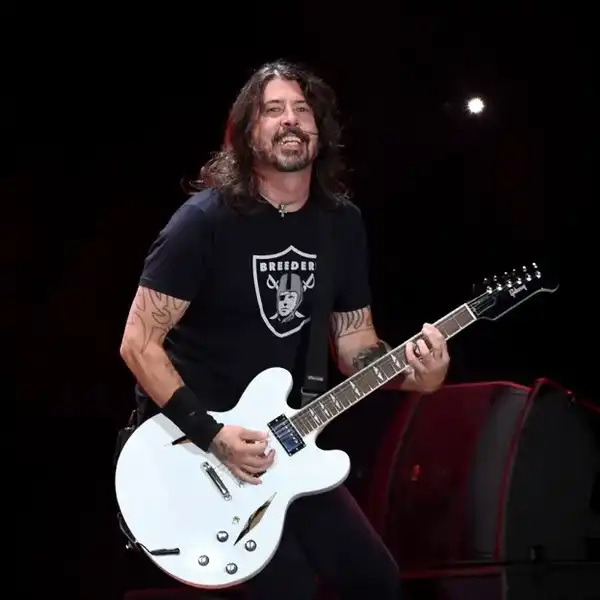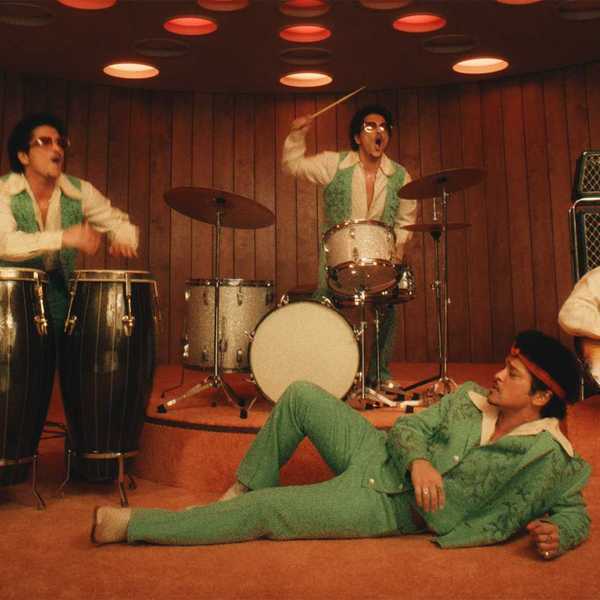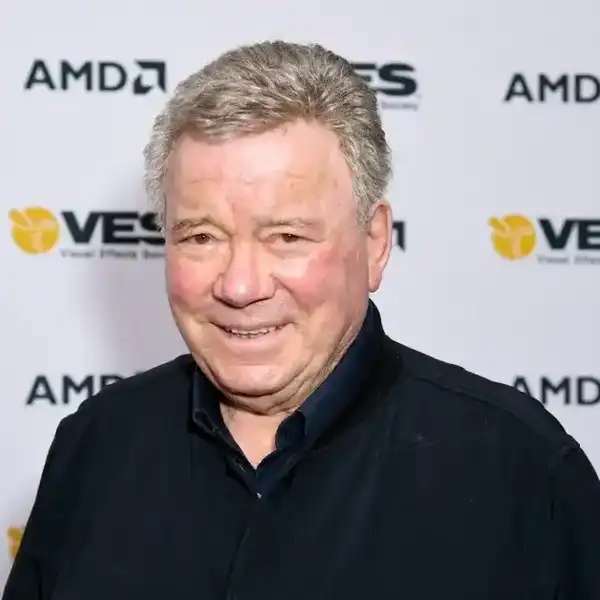A Conversation With .. David Buchbinder
This long-awaited conversation isn’t about an impending cross-country tour or brush with fame but focused on the social impact music has on us; depending on our diverse backgrounds. Buchbinder’s latest project is Odessa/Havana - Conversations of the Birds.
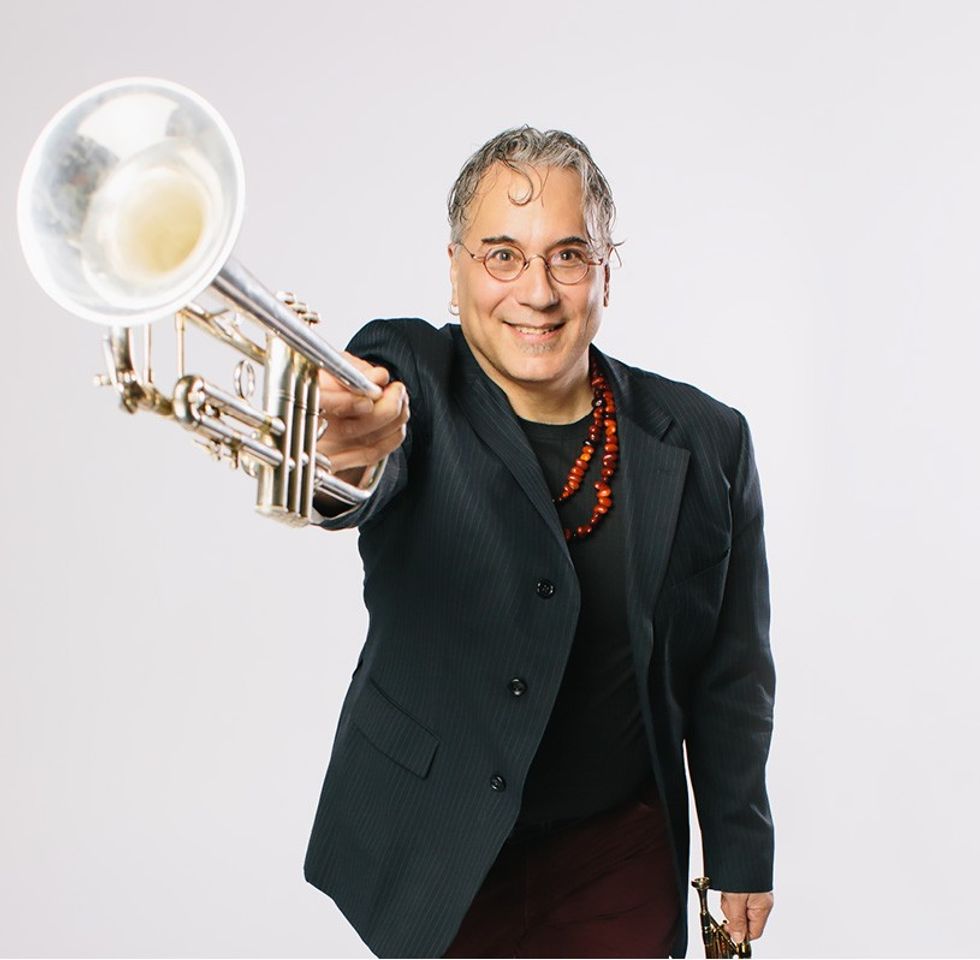
By Bill King
We are in transitional times and musicians and artists in many ways serve as a barometer of things to come. A good many embrace cultural shifts and find a nuanced way of incorporating upheaval and discovery into their own forms of expression.
The late 60s’ jazz musicians were able to harness the anger and frustration and lay it out there in extended pieces of ferocious improvisation. Conscientious rock and pop musicians used their new-found status to speak directly to inequality and political corruption. Those disparate voices, along with community organizers, the church, journalists, lawyers, laypeople and a tuned-in young populace were able to pass a massive civil rights bill and put a stop to an illegal, unjust war.
After enduring another week of gunfire carnage and witnessing the bravery of children caught in the crossfire, a conversation with a musician on the cutting edge with his soul firmly planted in the now and future is most welcomed. Change begins at a grassroots level.
David Buchbinder’s connection to music is not from pursuing a top forty hit, a moneyed existence within the confines of commercial music, but a series of collaborative efforts designed to challenge and unearth truths about converging cultures.
*David Buchbinder is a multi-talented, trumpeter, composer and cultural inventor who brings a spirit of intensity and inquiry to everything he does. He leads numerous music groups, composes for concert, theatre, film and television, presents large-scale performance projects, and has toured extensively in North America and Europe. He has been involved in the creation and presentation of world music and jazz since 1987, and has earned a reputation as one of its compositional and instrumental leading lights, through the Flying Bulgar Klezmer Band, who have just been nominated for three Juno Awards in five recordings, and his creation of ASHKENAZ: A Festival of New Yiddish Culture. *Bio.
This long-awaited conversation isn’t about an impending cross-country tour or brush with fame but focused on the social impact music has on us; depending on our diverse backgrounds. Buchbinder’s latest project is Odessa/Havana - Conversations of the Birds.
You arrived here with your parents in 1969 from the U.S., who were social activists and against the Vietnam War, and concerned for the future of their sons.
Exactly. It was my mother who was saying well, in eight or nine years you would be eligible for the draft. To me, nine years was an eternity. But to her, it didn't seem very long, and her fear was that the Vietnam War would keep going and her kids would get drafted. Also, they wanted to leave St. Louis, where we had been living almost since I was born, because things had gotten pretty dark there politically, and with what the cops were doing. And there were things that we'd seen, other places and other times. But it was particularly intense at that time.
They had been arrested for some of their activities, and just wanted to move, and Toronto came as an opportunity. They came here to check it out and were kind of blown away by it, especially in relationship to St. Louis and what was going on. And my father was offered a job–which is a whole other story. I could do a whole radio show about the thing that brought him here. It ended up with him co-leading a progressive organization that got support from lots of different places and was met with dirty tricks from the RCMP. But we won't get into that right now.
You know what I'm curious about? When you look back to the civil rights movement in the States, there was cooperation and support between Jews and African Americans in combating racism and fighting for civil rights and equality. Both marched together side by side and even stood together in the court of law. Your dad was in Selma, Alabama during these historic times and was part of this.
My dad was in Selma (for the iconic March on Selma), and he generally worked in civil rights. Both my parents did. They put themselves into it and their time professionally and as community organizers and social workers. Dad had a social work degree. They were involved in all of that, and my parents were committed to social change.
I met a family out east in Cape Breton. David Rasmussen is his name, and we spent a week with him back in 2005 and during that time he brought out a folder of clippings from newspapers going back to the '40s. The same thing, a socially conscious Jewish family living down south in Alabama and committed to civil rights. David’s dad was that guy who got on the bus with young black people to make sure they were transported safely and not abused.
You know, I think it's just a simple fact that having experienced not decades or years but centuries of oppression, the Jewish community had some understanding of what that could be like. Plus, I think within the Jewish context there was a transmission or a movement of the whole messianic idea which in Judaism is very different from Christianity. I would say, in that the fundamental idea is the Messiah doesn't come until we don't need him any more. Until we have healed the world. That's in the religious teaching and I think during the time of the Enlightenment there was a transmission of that into the secular world, which is, we can make a better world. So not only experiencing oppression but also having it within the culture there is a potential for profound healing of the world and social change became the basis for a lot of Jewish involvement in civil rights struggles and human rights struggles.
With your parents having that kind of grounding and beliefs, how has that impacted you?
It’s had a huge impact because one of the things that was great about them was they were very normal parents in some ways and in other ways they never thought we should be separated from what was going on. We were exposed to everything. We went on marches with them. We were at sit-ins when there was a group in St. Louis called the Black Liberators who were like the Panthers. They wore the same kind of military fatigues and stuff. But they were committed to non-violence. They had a community hub they created where that had a newspaper, before and after-school programs, and tried to make sure kids were fed and were able to learn things.
The cops; remember I was saying about how bad the St. Louis cops were at that time - shut them down. They came in and smashed their printing press, destroyed their offices and severely beat some of the people who were working there. For some reason the press conference to publicize this violence on the part of the cops happened at our house. I'm eight years old and exposed too all this and I just start talking to some of the people involved and it had a huge impact on me. That moment of human connection. You know, just being our parents exposed us and made us part of this and when we came here it continued. We were always included the older we got.
I did feel for myself, and they never said this to me, but I felt like oh, I must do something that will help bring positive change into the world. I think at times it felt oppressive even to the point where when I started playing music, I didn't really get into it seriously until my early 20s’. It took me a long time to get over the idea, that well, this is frivolous and it's not going to do anything, right? I'll enjoy it. Maybe the audience will enjoy it, but it's not going to change the terrible things or situation of many people in the world. I finally realized this was my path. And that my path was to do it in a different way. Not through struggle, but by creating something, creating the future.
Has there always been this connection with your heritage in your music?
Well, it's interesting because I mostly didn't grow up with Jewish music. It came to me in my 20s’, and it became a way to maintain that connection (with being Jewish) because I wasn't feeling it, although it always has been a positive experience. For me, a lot of it was connected to our story and my grandparents and ancestors. Somehow, I had that feeling that ancestors were important.
I just found a photograph recently of myself and my grandfather when I was a teenager sitting on a porch. And I remember that conversation where I was pressing him for details of his life and stories and a lot of stuff he didn’t want to talk about. But I recorded it of course and don't have the tape anymore. I wish I did.
That whole relationship to ancestors always comes up in my work. The second Flying Bulgur recording is called Tales from Our Ancestors because that's what drew me into klezmer music. I heard the voices of my ancestors and their music. It wasn't something that I grew up with, but I was drawn to and not so strangely, one of the people who had a significant influence on me in that regard was a guy named Abraham Adzinyah, who's a master drummer from Ghana.
Early in my playing/learning period in my 20s’, I was accepted into the jazz workshop at the Banff Centre. Both years I was there we started each morning studying traditional West African music and dance. I had been studying and playing with trumpeter Freddie Stone, who is this incredible Toronto icon that nobody knows about, or very few people knew about and he was all about creating something new; in the future and the present. Improvised music and getting away from form. Abraham Adzinyah spoke about the ancestors and he talked about that music comes from, the ancestors.
At first, I reacted totally against it. “No, you're wrong! It isn’t like that” and then by the end of the first week he totally had me convinced and had me recognizing and understanding the connection to the ancestors and doing our own work to bring their voices and their experiences into the present. Not as a nostalgia trip, but as something that is living and breathing. It allows us to be part of a continuum that starts long before we're born and continues long after we're going to be gone.
The name of the new recording is Conversations of the Birds. Explain.
This is my Odessa/Havana project. Briefly, it's been around for about ten years and it goes back long before. I had this natural response because before I started playing Jewish music, I was playing Afro-Cuban or more generally, Afro-Latino music. Salsa and merengue and stuff like that. I was really into it.
When I started getting into the Jewish stuff I heard a connection. I started to recognize there's some weird connection between these two sounds. They really fit together. Working with Yiddish folk songs, I started to hear that on so many of the choruses. You could make the accompaniment a piano ‘montuno’ and it's like, oh yeah, this feels really good. I’d never seen anybody do that or talk about the connection.
I made a few experiments in the early Flying Bulgars. But, I think I was smart enough to realize that to do this really, I must find somebody on the Cuban side and Afro-Latino side of it, who knows as much as I do and about the Jewish music, so I don't fuck it up. I didn’t want to do this without respecting both traditions right. At least, I figured that out!
It was ten years ago that I met Hilario Durán, one of the great living Cuban pianists we are lucky to have in Toronto. I said to myself, here's a guy I can do this with. And he was into it.
We began exploring each other's music and then we started writing. Our first concert was sold out. We toured, released two CDs on Tzadik. Fast forward, and we’re now releasing the third recording of the project. The real nexus the music is rooted in is, I'll just say, is medieval Andalucía.
The southern part of Spain is where the music has a historical connection. It's not just my fantasy about it!
How far back is that connection?
For seven hundred years, southern Spain was an Arabic Muslim kingdom. It ls very complex how it happened. Very interesting too. I’ll leave that for now, but let's just say that it was highly developed and over that whole period of time; first as the unified kingdom of Al-Andalus and after when it broke up into city-states (Granada, Toledo, etc.) there was always pressure for the reconquest from Christians north of Spain.
There was this very evolved Andalucía culture that was primarily Arab, Berber and Jewish (along with the Visigoths, and Iberians who were there before). But the real leaders of the culture were the Arabs and the Jews, and it was very distinct from the rest of Europe at the time, which was incredibly anti-Semitic and put a huge amount of pressure on the Jewish community. Although the Arabs ran things, as they were the kings, and the rulers, there was a huge space for Jews to bring their contributions and for other people as well. It was a highly evolved culture and it was a very blended culture of music, poetry, science, medicine, math and all the arts.
It’s 1492 and the expulsions are complete. The Jews have been kicked out. The Arabs have been kicked out. They all go east, all around the Mediterranean as far as Eastern Europe, carrying this very incredible musical culture with them, that continues.
At the same time, the reconquered southern part of Spain; Columbus and then the Conquistadores, more to the point Columbus, go west and start colonizing, killing and appropriating, but they're carrying with them a musical culture that is fundamentally Arab and Jewish. If you go to Andalucia today and you hear them sing “Christian music”, which it is, it is an Arab and Jewish sound. So, 500 years later, they carry that with them West towards Cuba and the rest of the conquests.
There's a real connection with West Africa because of the slaves that were brought there; brutalized of course, but also bringing their incredible culture with them. That West African culture 2000 years ago was already influencing the musical culture of southern Spain. There's this discipline, this combination that comes back together, as music does, flowing right and never stopping; it is now brought to Cuba. For the next few hundred years, almost all of the settlers from the settler culture come from the south. The Spanish contribution to the Afro-Cuban sound is the same source of what partially became klezmer and what became Ladino music or Sephardic music and is from the Jews of Spain going east. This entire continuum from Eastern Europe to the Caribbean carries this common source, this common sound, this common root. I just rediscovered it.
It’s the 30th anniversary of Flying Bulgar Band. There’ such a strong connection with our community. You mentioned earlier the first Jewish community in Toronto, ‘the Ward’.
‘The Ward’ was Toronto's first cross-cultural community in what had been a settler culture. Very Anglo-based obviously, from the British Isles and I’m not a historian and don't have the exact correct dates.
In the 19th century, one of the first sort of non-dominant if you want to call it, culture, was the Irish, who were treated as very separate and I think they lived in this area called St John's Ward. I like to think of it as Toronto's lower east side. But the boundaries were essentially new city hall and old city hall as well. Yonge to University and Queen to Gerrard.
What basically happened is ‘the Ward’, which you can imagine as Toronto’s Lower East Side, was cross-cultural, evolved into Chinatown as the other constituent groups moved elsewhere. But, at some point in the late 19th century you got an influx of who would become African-Canadians. Some people who had been here for many years and some who were coming up out of slavery from the states. There were Italians mostly from Calabria and from the south. There were Jews from across Eastern Europe. I'm not sure if there were more from one place or another. And then eventually Chinese, especially from Guangzhou (Canton) who came up and made up the original Chinatown.
At a certain point, probably around the 20s’, everybody was living there altogether. Some of it looked like what you would expect as you see Toronto vintage buildings from that time. There was a lot of unregulated building between those buildings. A lot of poverty, a lot of vibrancy, a lot of connection; because people were living on top of each other.
A lot of people worked in the Eaton’s factories that stretched along Yonge, north of Queen. There were four and five-story industrial buildings there that figured heavily, because a lot of the people who worked in those factories eventually lived in ‘the Ward’ as well. So that's Toronto’s first cross-cultural community.
I was meeting with a fellow named Michael McClelland who runs ERA Architects, a very highly established heritage architecture firm that's involved who has their finger in everything that has to do with how to intersect the traditional or the heritage buildings with the new and for reuse and other amazing stuff. They are behind the Tower Renewal initiative which is a big program going on.
I was meeting with them about something else and near the end of our conversation, he handed me this book that had just been published about ‘the Ward’, with fifty articles. It had very short articles from different people about all aspects of life.
I knew about ‘the Ward’ just because of some research I'd done myself on the Jewish community. I looked at this and said, “Michael, this would make a great opera!”. And Michael, being a highly enthusiastic and very engaged person, instead of going “oh, whatever” said, “Great! Let's talk about that”. So that led to us collaborating.
Michael and his fellow editors–especially urban affairs journalist John Lorinc, have collaborated with me on producing and creating several versions of a ‘Ward Cabaret’ that explores our own dream or reimagination of what the sound of ‘the Ward’ must have been, this first cross-cultural community. Its like, what's coming out of the windows, what's happening on the street.
It's interesting because one thinks of that type of thing at that time as maybe being very marginalized and separated, which it was. There was all this contemporaneous journalism that looked at it as this weird group of exotics; you know, freaks that smell like garlic and it was probably dangerous to hang around them. But also, you see that there was influence already. There’s concerts in Massey Hall that were organized and attended by the Black community or the Jewish community. It’s already influencing the culture of the city.
In any case, we did our best research and imagined what was the sound of this place in that period like 1890 to 1940.
I was clear this project didn't make sense for me to do myself, and that we needed to have artists representing each culture of the Ward. I brought together Andrew Craig, an incredible pianist, composer, broadcaster who represented the African/Canadian community. Michael Occhipinti, a great composer and project guy like you talk about, representing the Italian/Canadian sound, and yours truly to handle the Jewish side of things.
In June 2018, we’ll be presenting a further development presented with a major cultural institution (to be announced soon). We are adding a Chinese/Canadian playwright to help bring it to the next level of richness.
To me, it's interesting. I'm not a nostalgic guy. I'm not a ‘let's look back and cherish’ guy, but in a way keep at arm's length with what was is nice and safe. It's clean. I'm much more interested in how it bumps up against the present and our imagination. What is that continuum from the past in a living way, through us and into the future. The interesting thing in Toronto is ‘the Ward’ is not some nostalgia thing that happened once. It's still happening. It just keeps moving forward.
A good example of sort of ‘the Ward’ is Thorncliffe Park, where I've been doing a bunch of community work for the last six years. It has people from everywhere on the planet. You know, we have four constituents maybe five constituent cultures in the original ward. There are twenty in Thorncliffe Park.
It’s amazing how people from various nations, over time, shift from place to place across the city.
Instead of one, there are five or ten of these hubs, you could call it, or nodes where there's a lot of intense cross-cultural connection and in a way to me. The seeds of the future of Toronto are there and therefore the seeds of what we have become now, and the future is in the ward. It's an exciting place to look at and to see how we can reimagine it for our times. You know, from a musical context, not a sociological or political.
We are immigrants who have flourished here. Every time Donald Trump opens his mouth I know exactly who he’s addressing. What he’s really saying is, ‘let’s make America white’, again. It never was, and it will never happen. The world doesn’t operate that way.
What again? It never was.
In his follower’s minds, they really believe there was a time when they could again claim superiority over everything and everyone. Demographics say otherwise. What I think is especially beautiful about Toronto is that we live everyday as if there are no distinctions. We play together as musicians. We work on festivals together. That's how far this community has evolved. I'm sure there's an underpinning of anxiety with growth and change, and still a certain level of residue from overt discriminatory times.
You see there are people like the Kelly Leitchs, the politician, who had a lot of people behind her, but they were definitely in the minority. I somehow like to find the zone between saying everything is perfect, which I don't think it is, but also to say, well, what do we do in the face of what's not perfect. It creates a place that we want to live, like everything is evolving.
It is evolving.
There's so much movement.
I feel like there's space for it to happen. You know, however bad things might look at times to certain people in certain situations, all you've got to do is look elsewhere in the world. Look at very recent history to recognize.
America is slowly changing but Canada for sure. I'm the first generation in my lineage who grew up mostly except for historical knowledge, free of a certain kind of oppression. Right. First generation, my parents experienced it. I experienced it a bit but not in a way that you know. That's an incredible thing. And I think that that is available in different ways to everybody to create their own space here and to create something together. That's the big thing. America has got to come to terms with its past race history.
I've been doing a lot of work in the last seven years with the story, and a story is a transformative tool working at Thorncliffe Park, working with artists. Working with new immigrants, working with people who have been here a long time. In many ways, the seed of all change is when people can be present to each other's stories and without having to change each other. You see, at the root of a lot of the struggles within attempts to create social change, starts with, what’s the narrative? Who's telling the story, who's got control to tell the story, and to lay it out for everybody else. And that fifty percent of people who are working for change, especially people who have been oppressed, I would say from my experience, are looking for their stories to be heard, and to be part of the public square, of what is the truth, of where we are. They are often conflicting, often overlapping, and sometimes contradictory. It’s when those stories can live side by side and be heard and allowed to create their own change, there's something really powerful in that. I think that at the very least, what we have here is the potential and probably not forever, a window here in Toronto, that will certainly get it right.

